NBP periodically publishes short articles on nuclear energy matters which either have a geographic or topical focus. Feel free to browse through all our articles and if you would like to read on something specific, please use the search function. For example, you can search for articles relating to Africa or India or financing or SMR etc. You can also use the filter function to see articles pertaining to Asia, Africa, India or Türkiye.
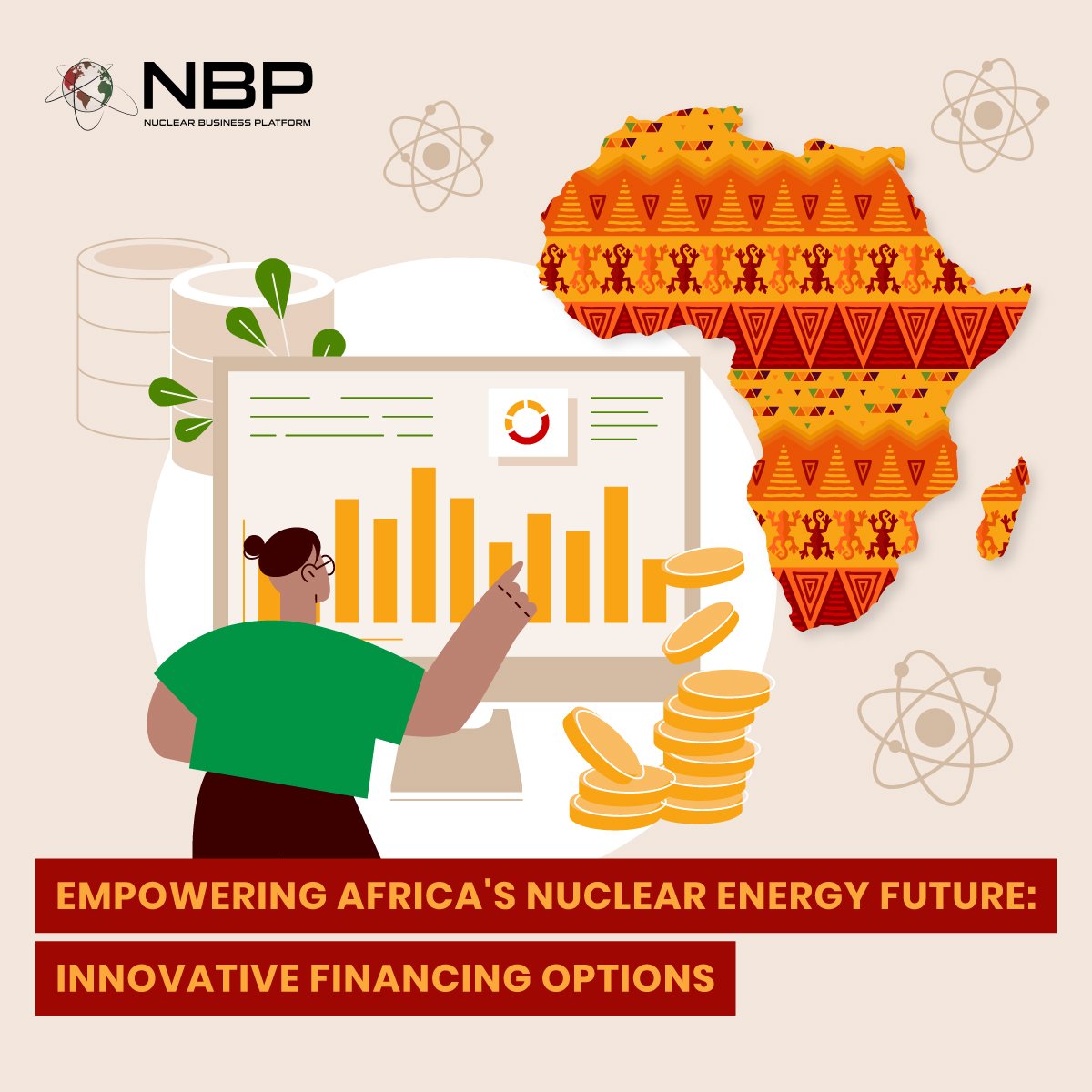
Empowering Africa's Nuclear Energy Future: Innovative Financing Options
Nuclear power plants offer a reliable source of energy for Africa. They also have low operational costs once they are built, and long-term power purchase contracts can reduce revenue risk, and clear, long-term governmental commitment to a nuclear power program can provide confidence to investors too. However, the high capital costs, long construction periods, and the issue of high interest rates, associated with nuclear power plants can be challenging. What are some viable financing options nuclear power plant construction in Africa?
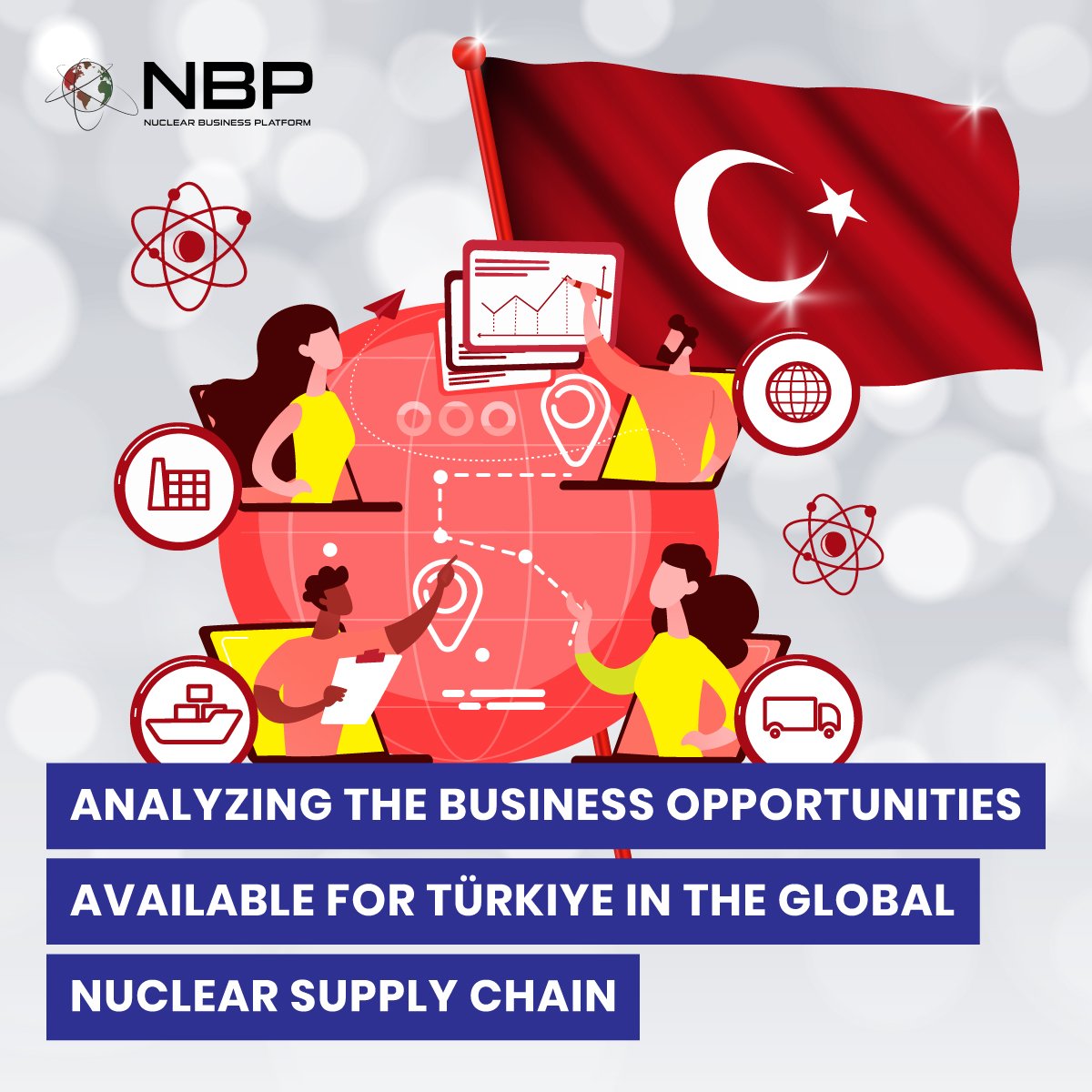
Analyzing the Business Opportunities Available for Türkiye in the Global Nuclear Supply Chain
Türkiye’s entry into the global nuclear energy supply chain presents a plethora of business opportunities. The country’s strategic location, coupled with its growing energy needs, makes it an attractive destination for investment in the nuclear sector.
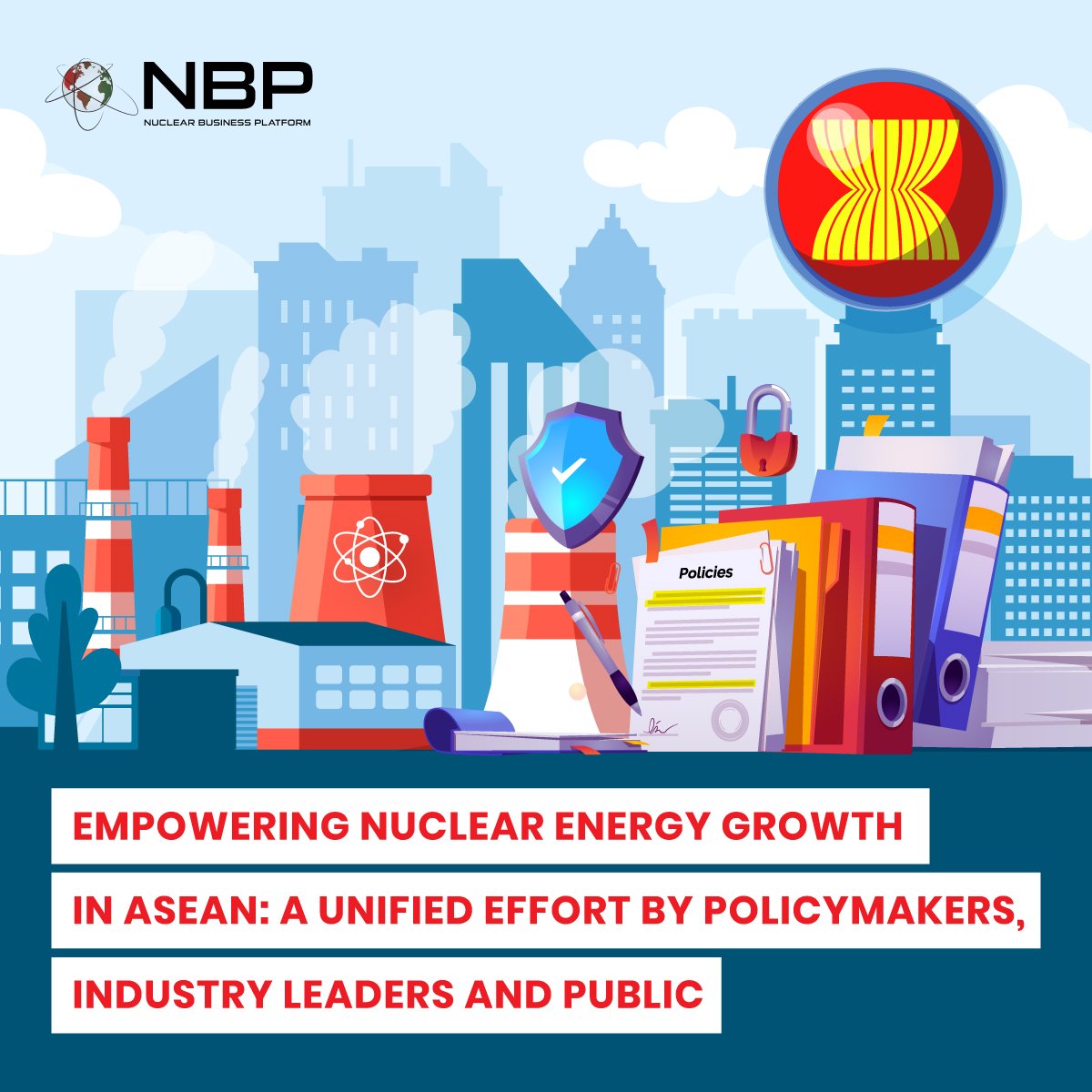
Empowering Nuclear Energy Growth in ASEAN: A Unified Effort by Policymakers, Industry Leaders and Public
As ASEAN nations grapple with the dual challenges of escalating energy demand and climate change, nuclear power has once again emerged as a viable solution. Over the past 15 years, energy demand in the region has surged by 60%, primarily met by imports of fossil fuels. While nuclear energy provides reliable, emissions-free electricity, it faces challenges such as high upfront costs, safety concerns, and waste management. Nevertheless, active nuclear programs in Indonesia and the Philippines, coupled with private sector interest, signal a potential nuclear future in the region. Collaboration among policymakers, industry stakeholders, and public support will be crucial in harnessing nuclear power's role in a sustainable ASEAN future.

Unlocking Africa's Nuclear Potential: Challenges and Collaborative Solutions
The recent Africa Nuclear Business Platform Lite 2023 featured a panel discussion that delved into critical aspects of Africa's burgeoning nuclear energy sector, the existing challenges, the prospects of regional cooperation, and more. Led by Mr. Van Zyl de Villiers, Senior Consultant of the African Commission on Nuclear Energy (AFCONE), the discussion shed light on the continent's nuclear journey.
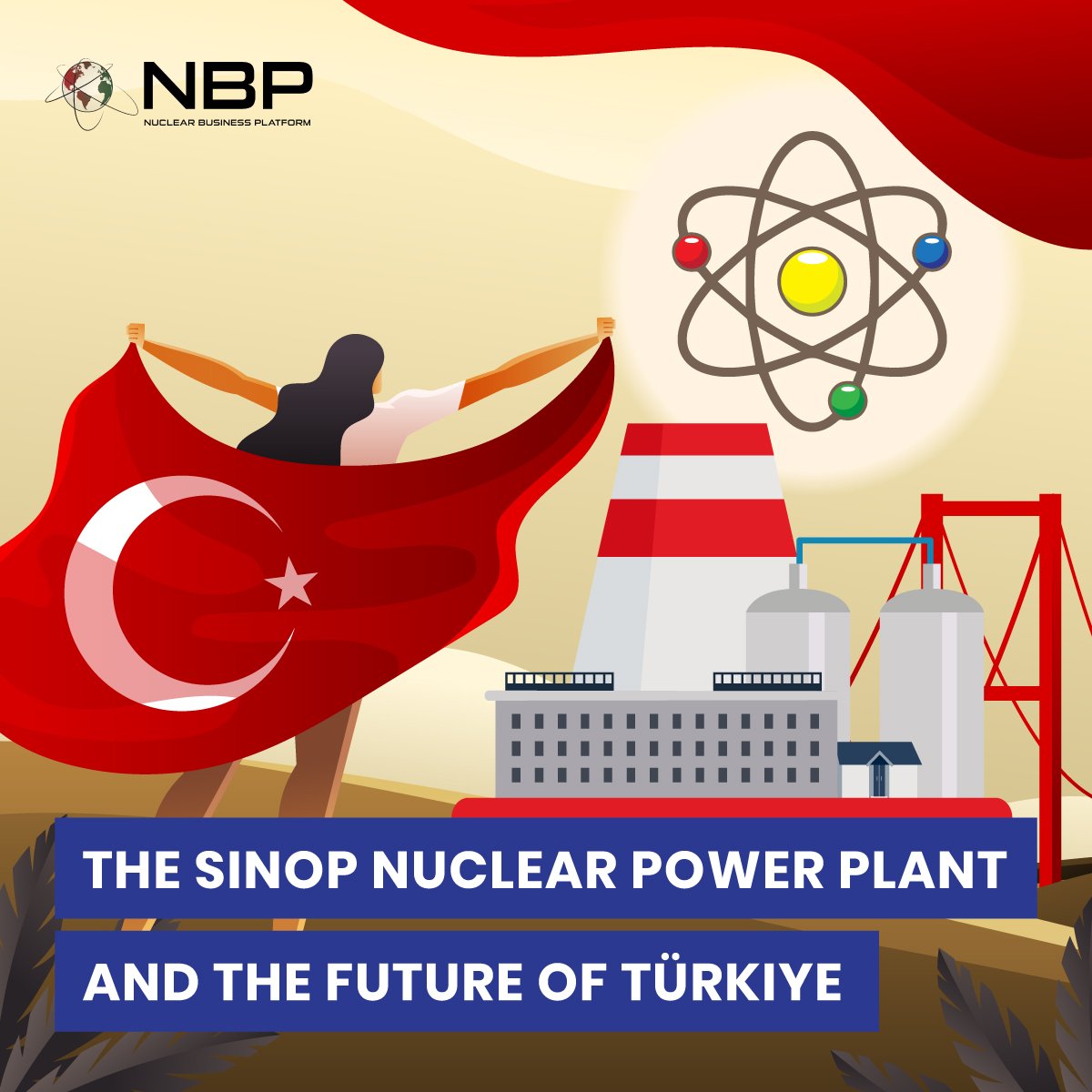
The Sinop Nuclear Power Plant and the Future of Türkiye
The proposed Sinop Nuclear Power Plant (NPP) stands as a monumental undertaking in the world of energy production and economic development for Türkiye. With a staggering investment of approximately $40 billion, it is set to become the country's second nuclear power plant, following the Akkuyu NPP. The Sinop NPP is located at Sinop province along the Black Sea.
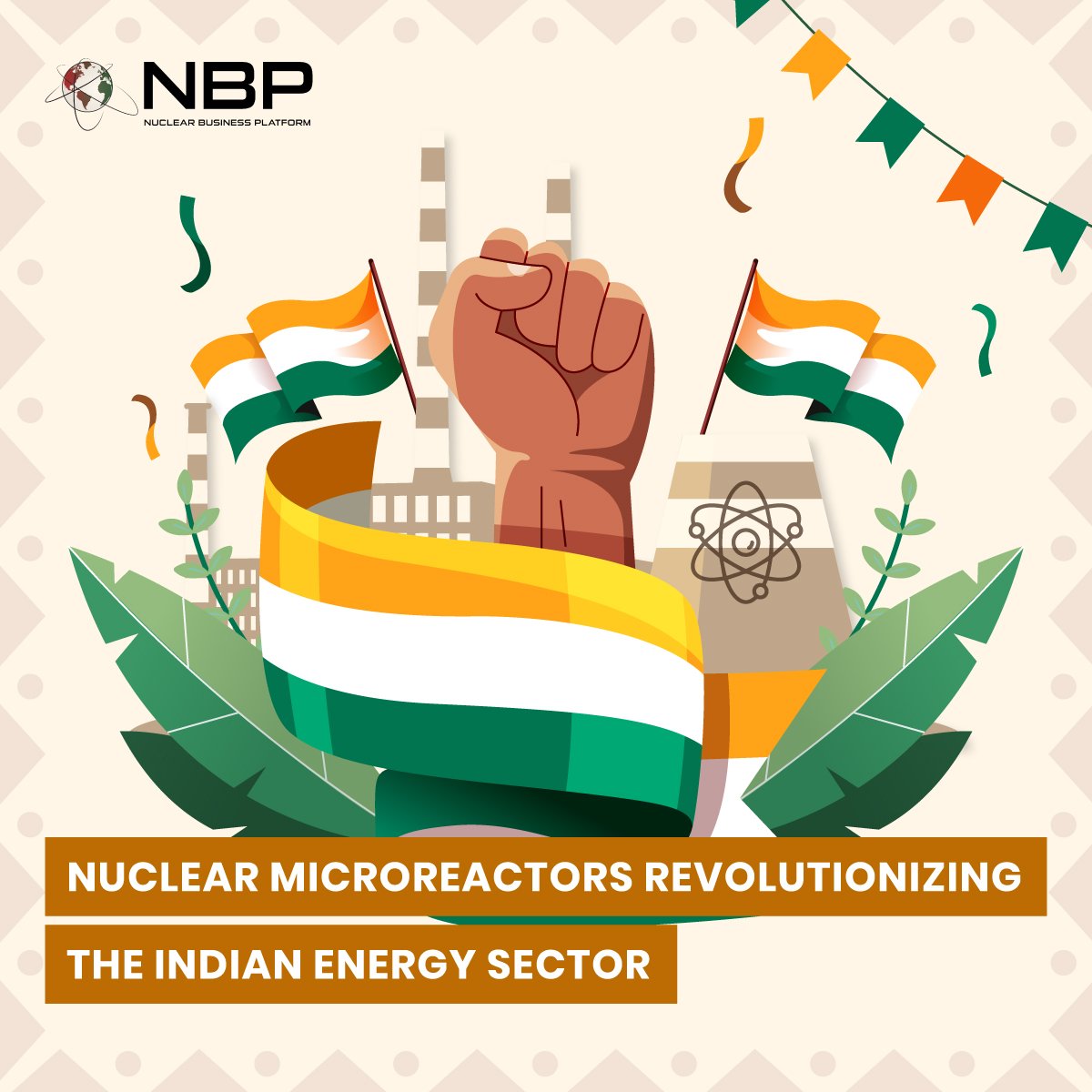
Nuclear Microreactors Revolutionizing the Indian Energy Sector
India's vast and diverse landscape is set to undergo a significant energy transformation. The country's energy market is grown for innovation, and nuclear microreactors present a promising technology that could revolutionize the sector. Nuclear microreactors are very small reactors usually generating less than 30 MWe. With their compact size, high efficiency, and low carbon emissions, these power sources are an ideal solution to address India's urgent energy challenges. In this report, we explore the potential applications of nuclear microreactors in India and the lucrative business opportunities they offer.
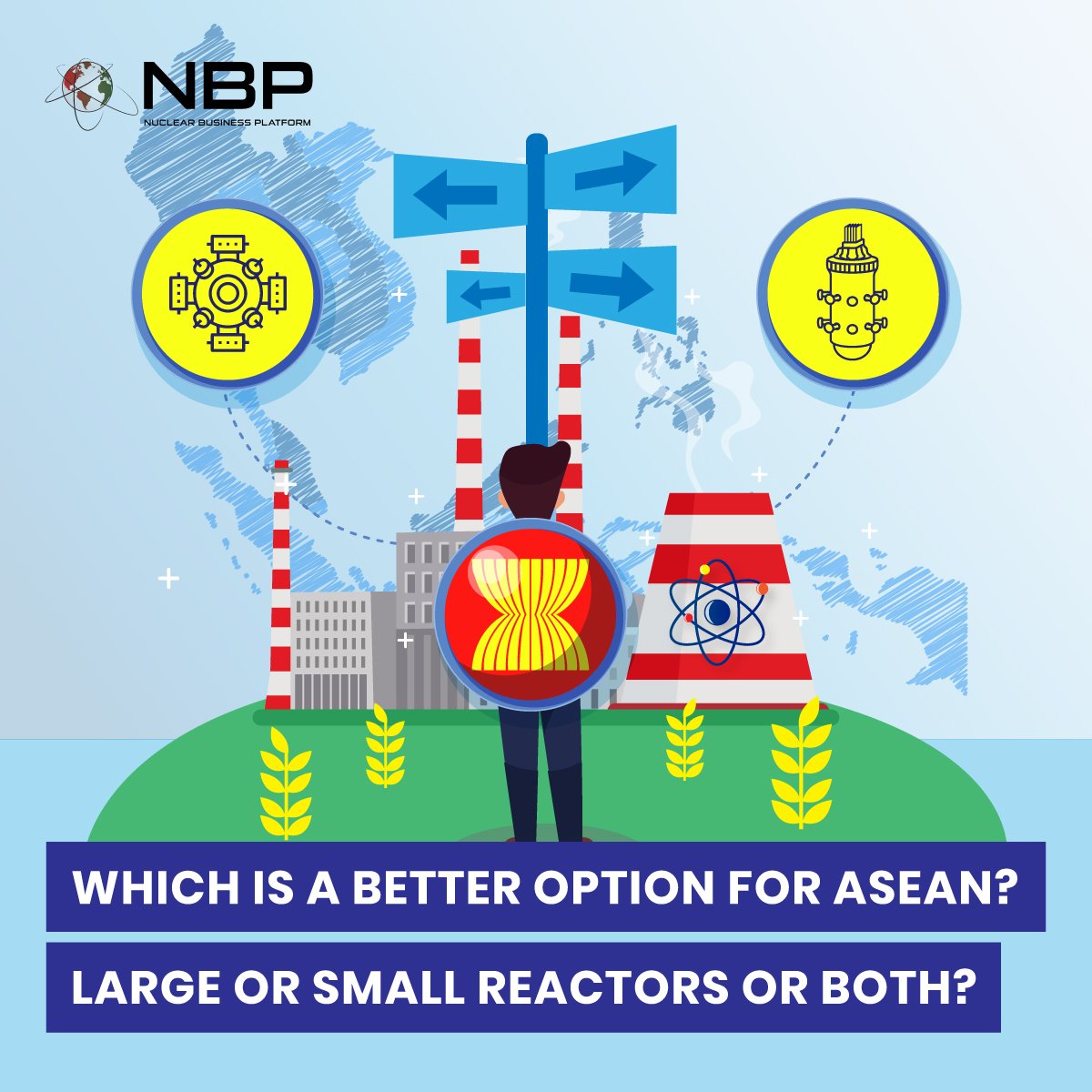
Which is a better option for ASEAN? Large or Small reactors or both?
Southeast Asia is experiencing a surge in energy demand, having grown by 60% in the last 15 years. With over 40% of its energy imported and a significant reliance on non-renewables, the region faces a pressing need to balance its growing energy needs with supply security and environmental concerns. Nuclear power is being considered as a viable solution to meet the increasing electricity demand while reducing dependence on fossil fuels, given its low greenhouse gas emissions and ability to provide baseload power. However which nuclear reactor type is more suitable for ASEAN? Large or small?

Unleashing Africa’s Nuclear Potential: A New Horizon for Investors
Africa, a continent rich in resources and burgeoning with opportunities, is on the brink of a nuclear renaissance. Over 10 African countries are planning to embrace nuclear energy within the next decade, presenting a unique investment landscape ripe with potential.
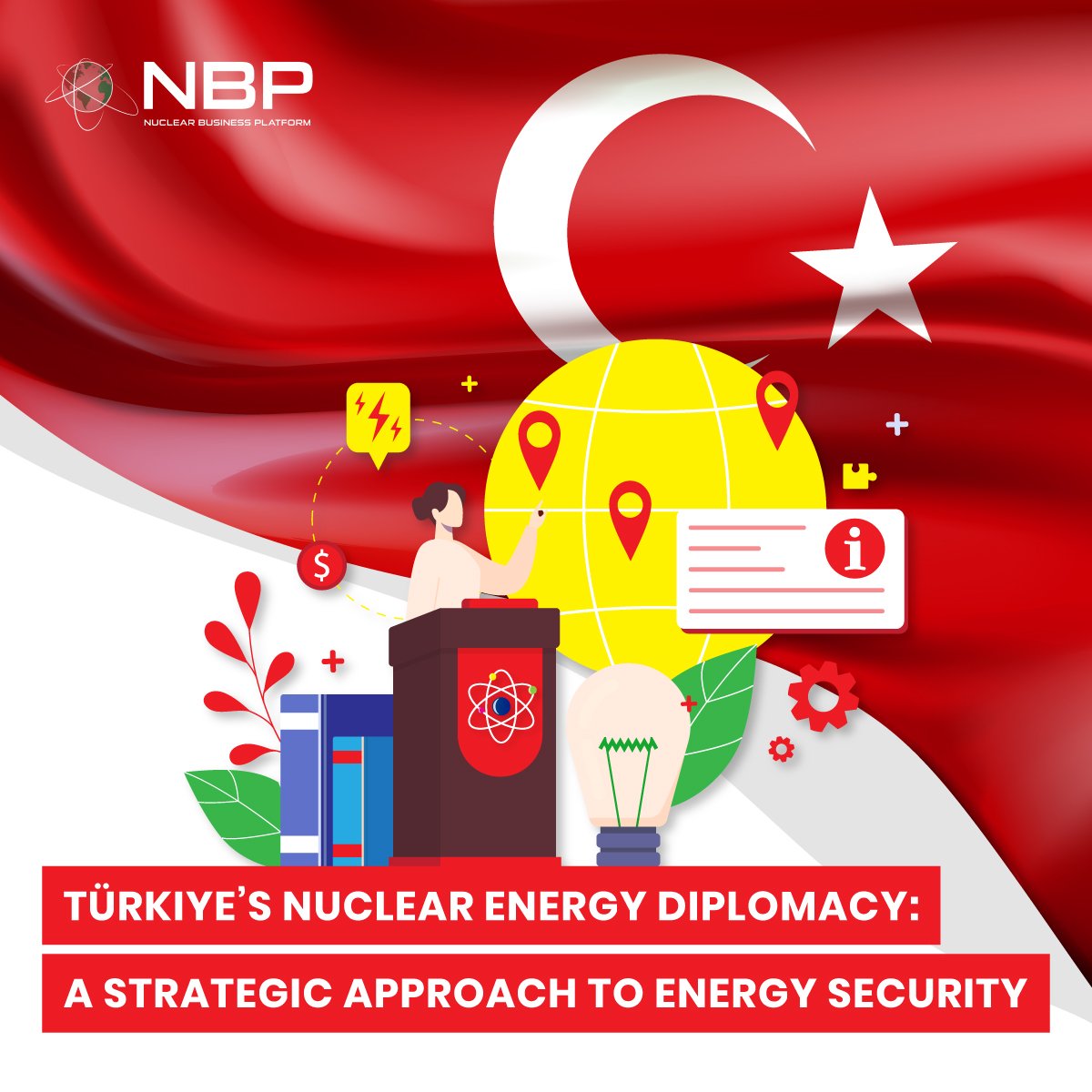
Türkiye’s Nuclear Energy Diplomacy: A Strategic Approach to Energy Security
Türkiye’s nuclear energy program is a testament to the country’s strategic approach to energy security and diplomacy. The program, which heavily relies on international cooperation and foreign technology, is a key component of Türkiye’s broader energy diplomacy strategy.

Reviving Malaysia's Nuclear Energy Program
Malaysia has come a long way in developing its nuclear energy capabilities over the past decade. Though plans were put on hold in 2018, the nation made significant progress in building the infrastructure and expertise required for a nuclear power program. With the need to diversify energy sources and cut emissions, experts argue nuclear energy should be back on the table. Malaysia is well-positioned to revive its nuclear plans given its strong foundation. With the right strategy and conditions, nuclear could yet become part of Malaysia's energy mix as it strives to meet rising electricity demands and decarbonization goals.
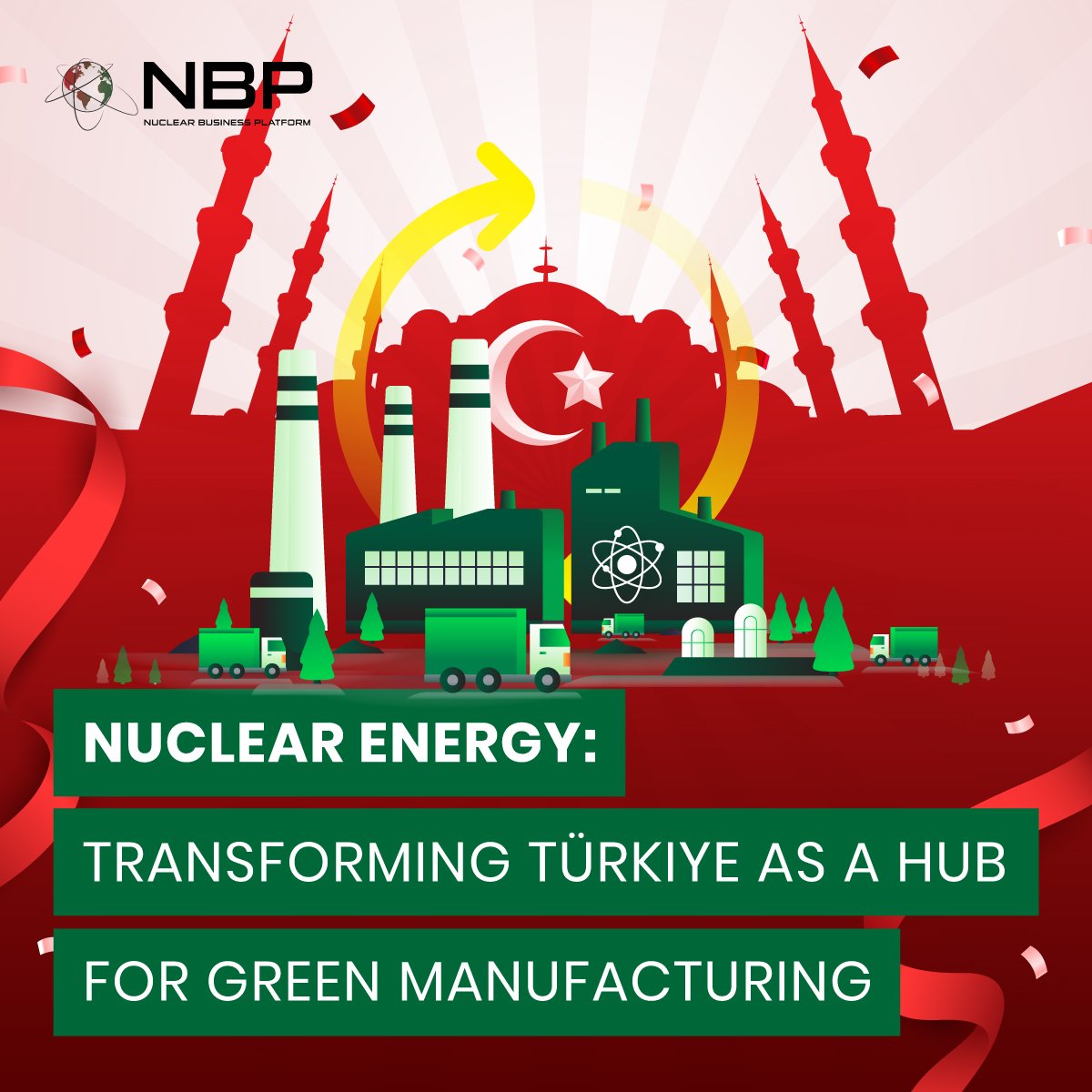
Nuclear Energy: Transforming Türkiye as a Hub for Green Manufacturing
Türkiye, strategically located between Europe and Asia, has emerged as a pivotal manufacturing and distribution hub. Over the years, the country's ambitious goal to develop nuclear power generation has become a cornerstone of its economic growth strategy. Nuclear energy in Türkiye can boost its potential as a green manufacturing and export hub by providing reliable power for industrial processes.
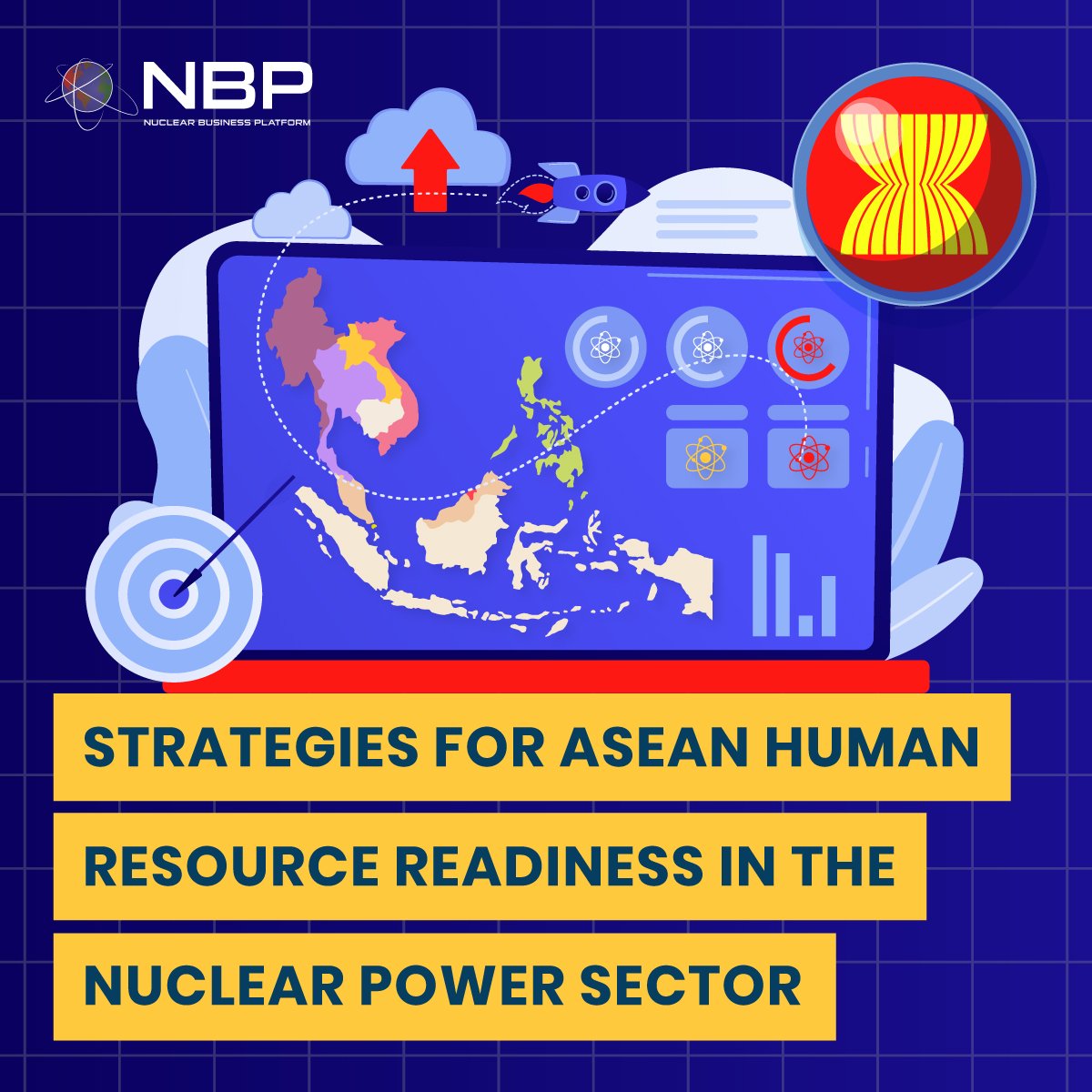
Strategies for ASEAN Human Resource Readiness in the Nuclear Power Sector
As countries in the Association of Southeast Asian Nations (ASEAN), such as the Philippines and Indonesia, seek to meet their growing energy demands while reducing carbon emissions, nuclear power is emerging as a promising option. The development of a skilled workforce is a critical component of ensuring the safety and success of nuclear power programs.
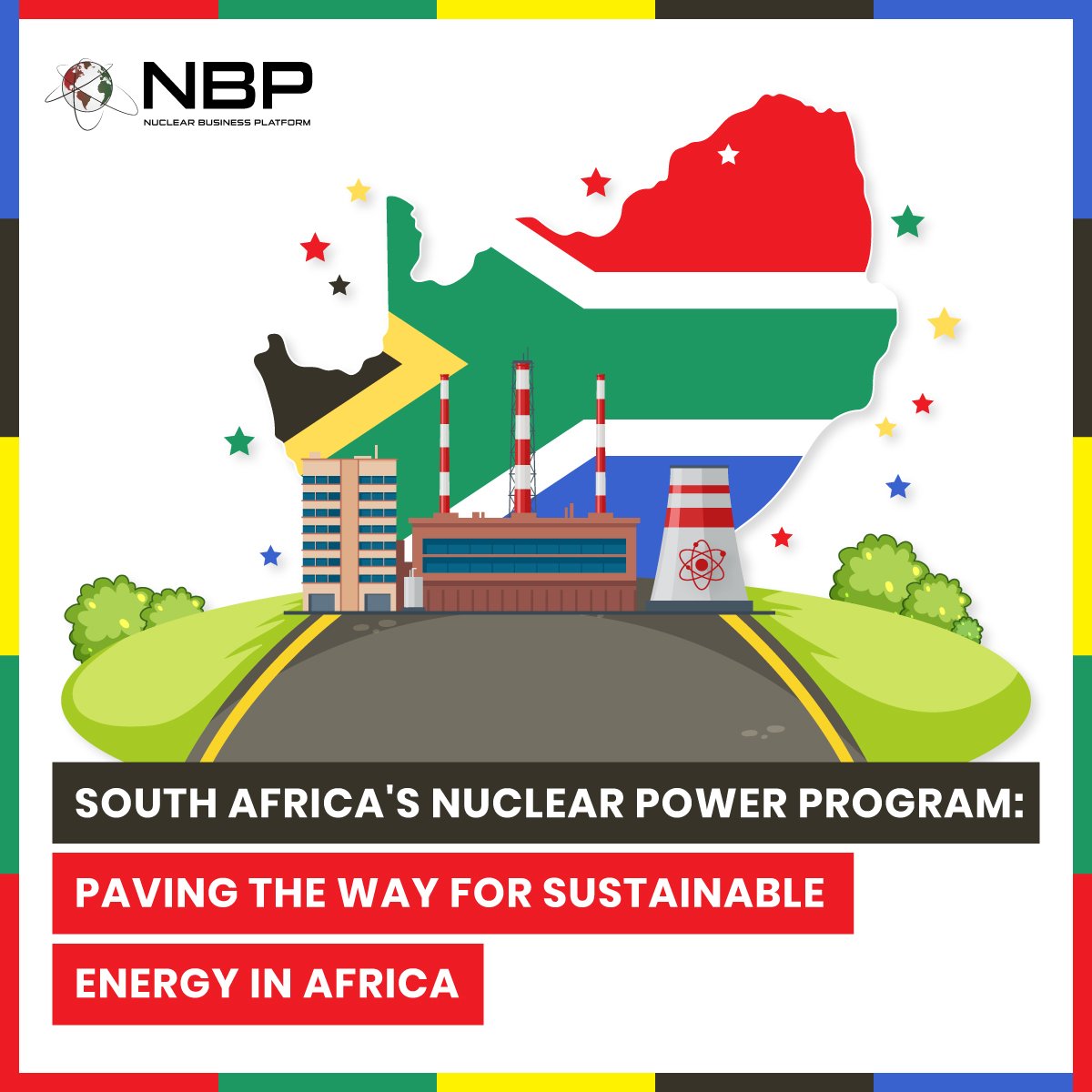
South Africa's Nuclear Power Program: Paving the Way for Sustainable Energy in Africa
South Africa is well endowed with nuclear capability and should utilize this to align with the global consensus that nuclear power will play a critical role in mitigating climate change.
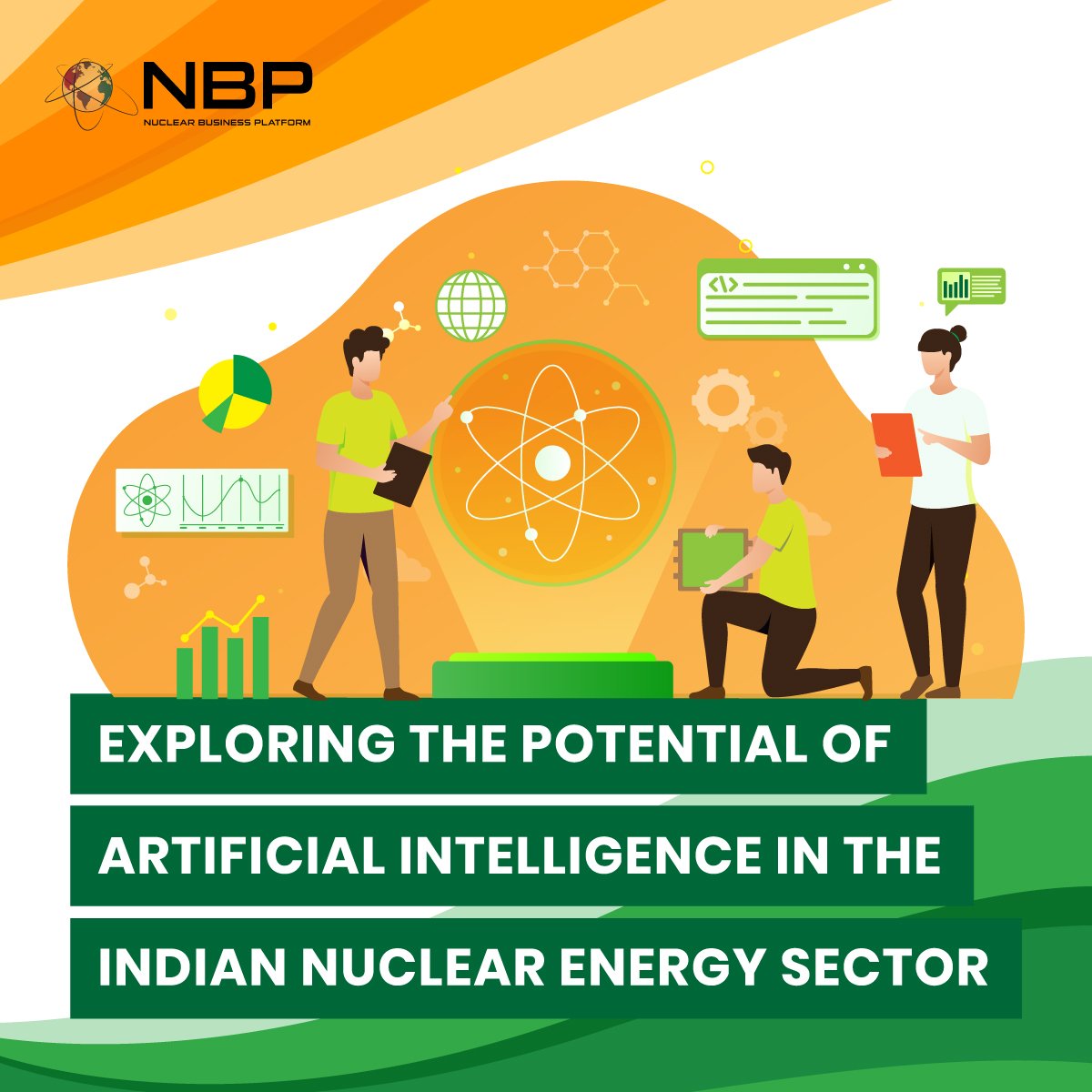
Exploring the Potential of Artificial Intelligence in the Indian Nuclear Energy Sector
The Indian Artificial Intelligence (AI) market is forecasted to reach 7.8 billion USD by 2025, and organizations are leveraging AI with vision, edge computing, real-time tracking, and Industrial Revolution 4.0 to create sophisticated and unique solutions. This underscores the possibility of a technological revolution in the Indian nuclear energy industry by incorporating AI. India has set ambitious goals to generate 9% of its electricity from nuclear sources by 2047. This aspiration underscores the pivotal role that AI can play in advancing nuclear energy capabilities to meet the nation's sustainable energy objectives.
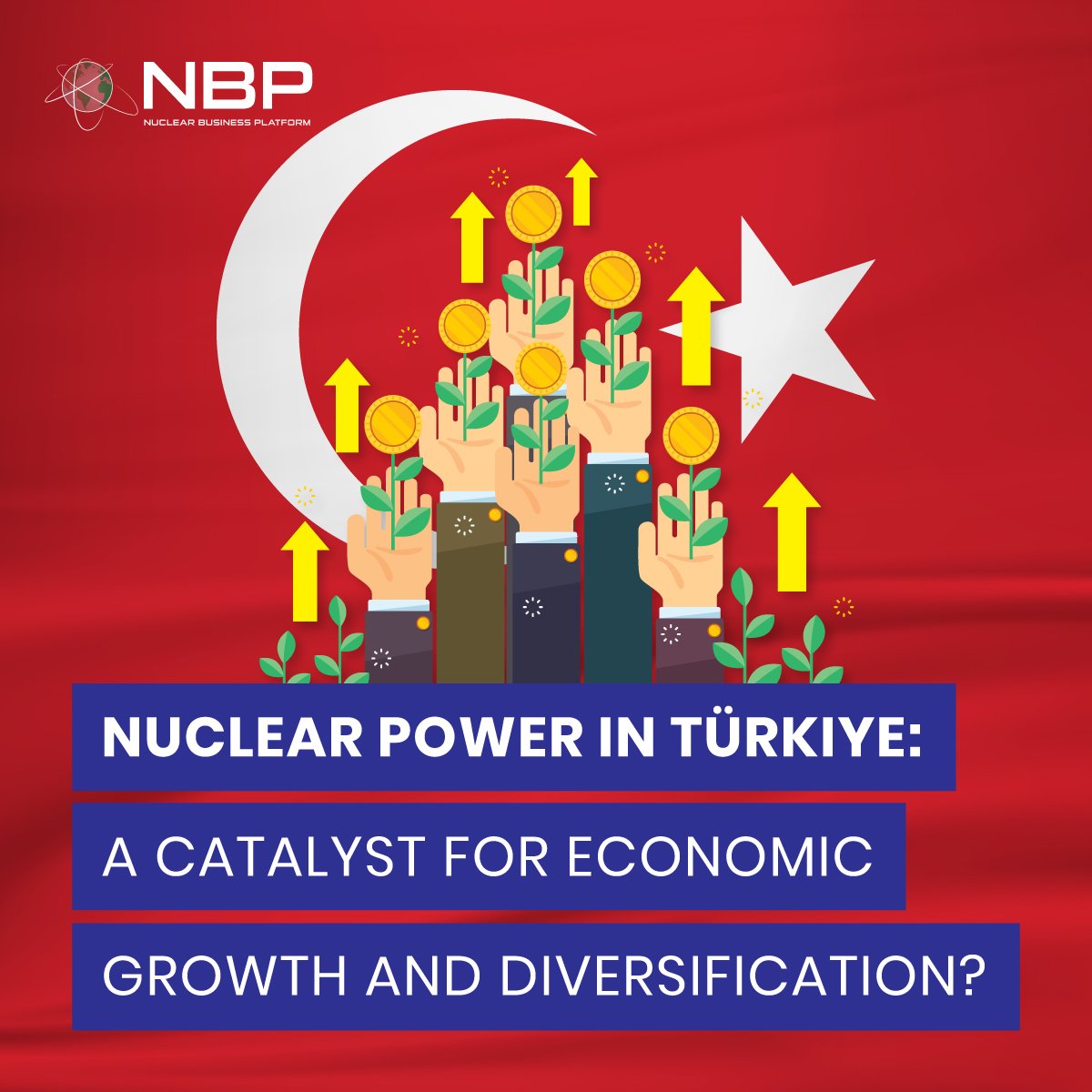
Nuclear Power in Türkiye: A Catalyst for Economic Growth and Diversification?
Türkiye's journey towards harnessing nuclear energy through the construction of Nuclear Power Plants presents a myriad of opportunities for the nation's economy. Beyond the immediate advantages of job creation and reduced reliance on imported energy, this strategic move offers the potential for long-term economic growth and diversification. In this article, we explore how the development of NPPs in Türkiye is not only a step towards cleaner and more secure energy but also a driving force behind various sectors that can contribute to the nation's prosperity.

Kenya's Nuclear Power Program: A Collaborative Approach for Energy Sustainability
Kenya's journey towards establishing a robust nuclear power program is marked by notable progress and a resolute commitment to addressing its energy needs. Under the leadership of Mr. Justus Wabuyabo, Acting CEO of the Nuclear Power and Energy Agency (NuPEA), Kenya has embarked on a path that underscores the significance of a multilateral approach in ensuring success and sustainability.

India's Nuclear Energy Sector: Opportunities and Growth Prospects
Nuclear energy plays a pivotal role in India's energy landscape, contributing approximately 3% of the country's total electricity generation. India has set ambitious goals, aiming to generate 9% of its electricity from nuclear sources by 2047. Vinay Khanduri, NBP’s Head of India sheds light on the burgeoning Indian nuclear energy market and its immense potential for growth and investment.
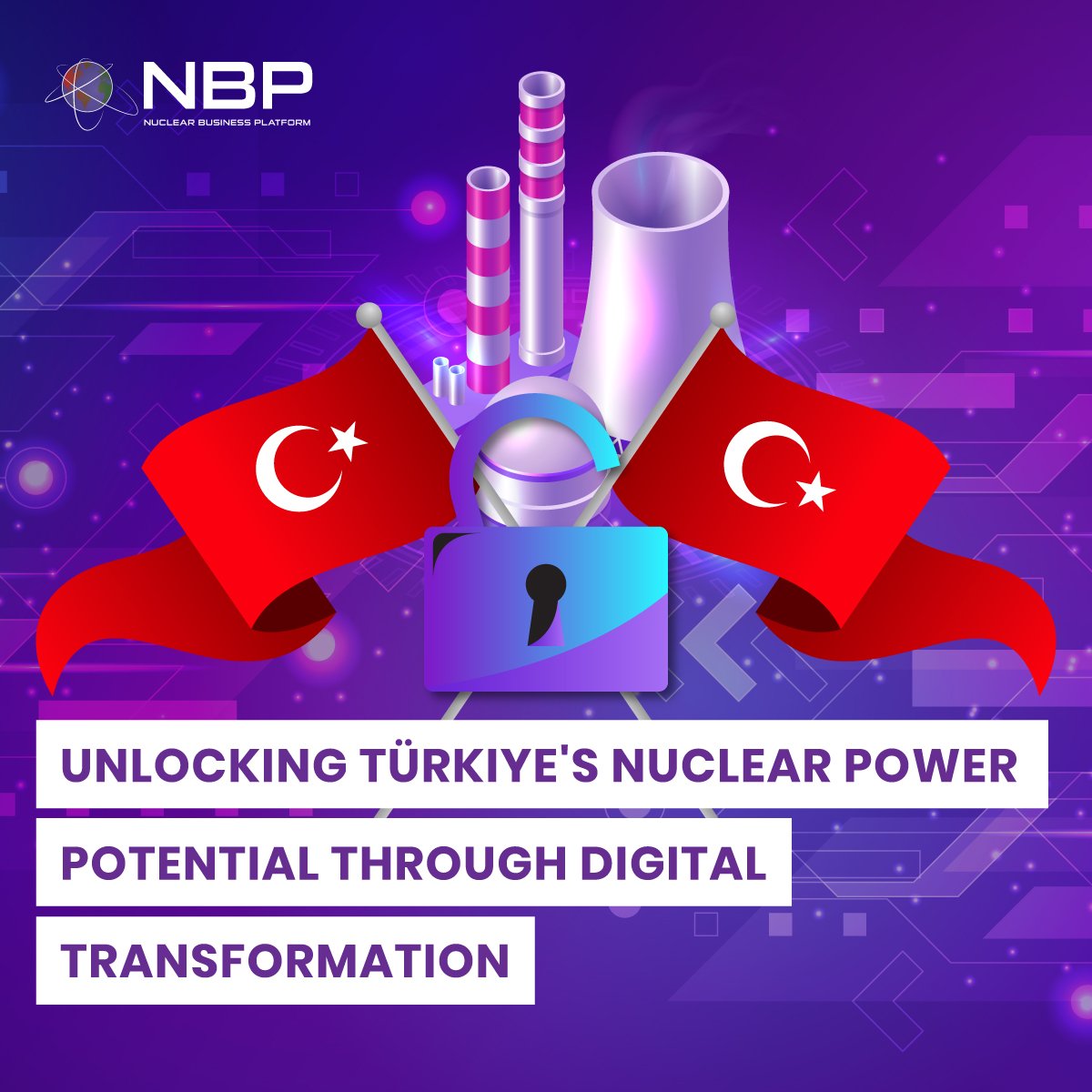
Unlocking Türkiye's Nuclear Power Potential through Digital Transformation
Türkiye's foray into nuclear power marks a significant step towards meeting its energy demands while ushering in a cleaner energy future. In this journey, the integration of digital technologies emerges as a cornerstone, offering multifaceted benefits to the nuclear sector. As Türkiye embarks on an ambitious nuclear energy program, with plans to construct three nuclear power plants (NPPs) totaling 14.3 GWe by 2030, the digitalization of its nuclear sector not only promises enhanced efficiency and safety but also presents substantial business opportunities.

Meeting Africa's Energy Needs: The Case for a Multilateral Approach to Nuclear Power
Africa faces a critical challenge in meeting its escalating demand for electricity while nuclear power can mitigate such an issue on the continent. Mr. Enobot Agboraw, the Executive Secretary of the African Commission on Nuclear Energy (AFCONE), has underscored this need and the importance of multilateral approach in African nuclear energy sector in the Africa Nuclear Business Platform Lite 2023. With a current population of 1.4 billion and projections indicating a doubling by 2050, the imperative for accessible, reliable energy is indisputable.

Indonesia's Nuclear Energy Market: Open for Business - Regulator Prepares for Advanced Reactor Technologies
Indonesia is taking steps to streamline its licensing process with a focus on expediting nuclear power plant deployment and attracting investors. This move aligns with the nation's commitment to a sustainable and energy-secure future. Additionally, Indonesia's exploration of multinational pre-licensing for SMRs is a forward-looking initiative that could significantly reduce regulatory barriers and foster international cooperation in the nuclear energy sector.
